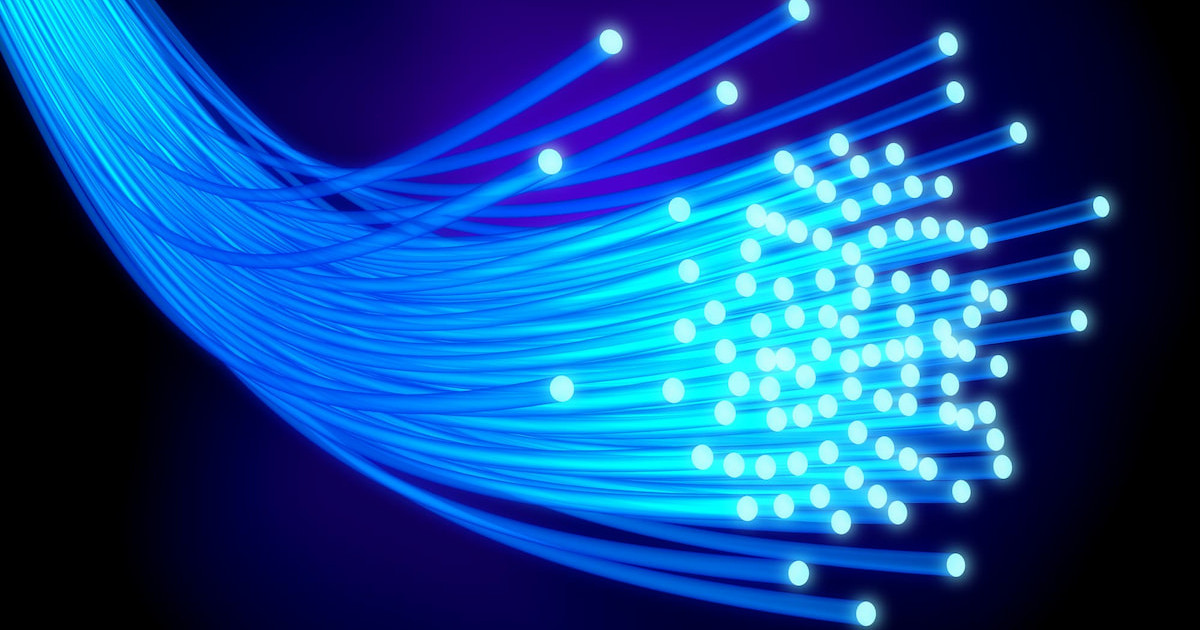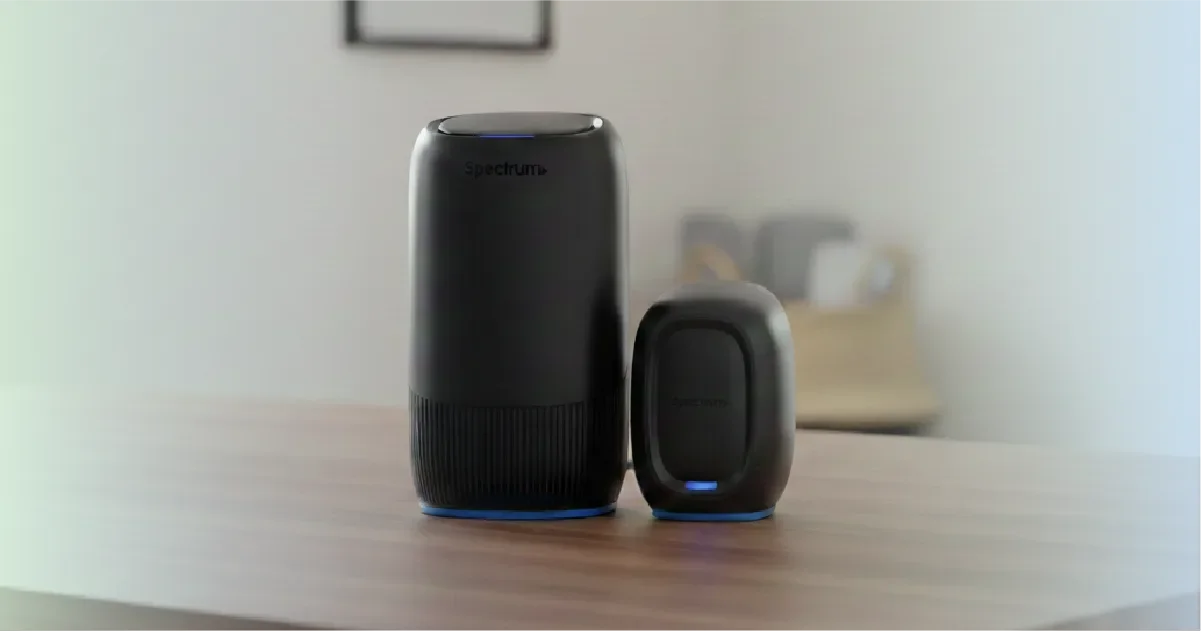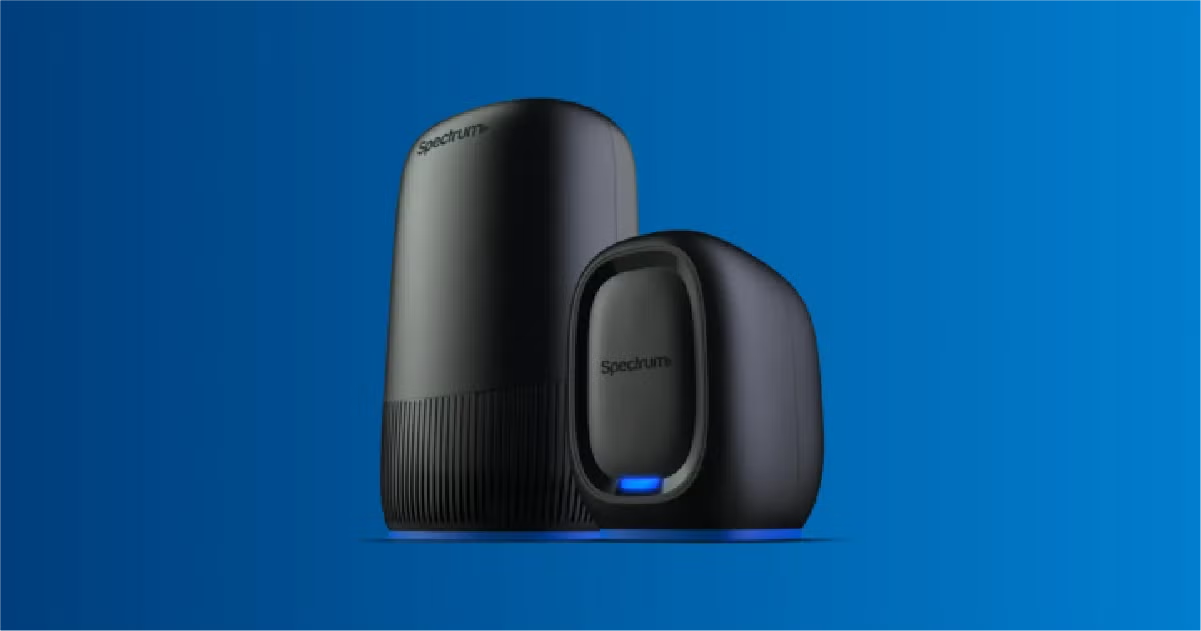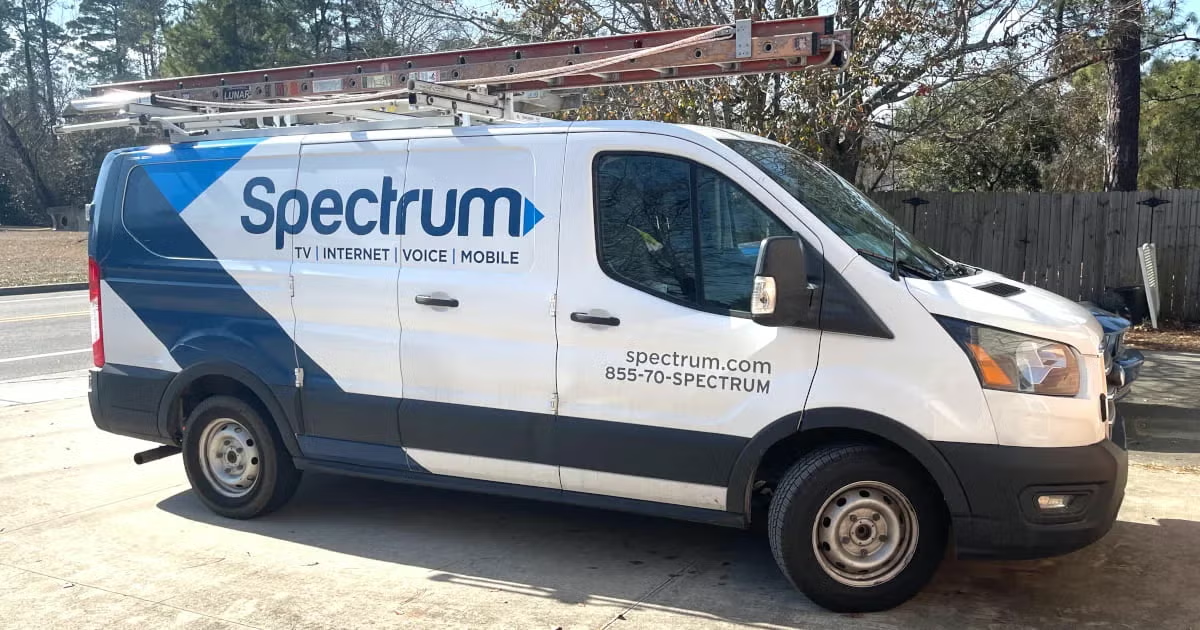Don’t Bother Using a Hotspot for Home Internet (Except in Certain Cases)
Use a hotspot for travel or backup internet, but not regular home use
Jan 22, 2026 | Share
Technology
Hotspots are not a good alternative to home internet. They can be slow, expensive, and limited to just a few devices. If you can’t get fully wired internet, look for 5G home internet from one of the three big cell phone providers.
Still, wireless hotspot internet has a ton of potential. It’s great for backup internet, and can be faster than DSL or satellite for short-term use. They’re also great for travel or short-term stays in a vacation rental or hotel.
Take a look at our guide below for all the the pros and cons of hotspotting from home.
Consider 5G home internet
The best home internet plans come with fast speeds, included equipment and unlimited data. You can get that from 5G home internet, but not from a hotspot. Our top picks in 2026 are T-Mobile Home Internet, Verizon Home Internet, and AT&T Air.
If you’re committed to hotspot life, though, we have you covered. It takes all kinds to make the internet world go ’round. Take a look at our guide to the best hotspots and the best hotspot data plans for the full breakdown on products, prices, and speeds.
Why you shouldn’t use a hotspot for home internet
While personal hotspots work great on a temporary basis, they come with some restrictions that make it hard to depend on them for continuous, daily use. Here’s a quick breakdown of all the roadblocks that impede hotspotting at home:
- Limited market for hotspots. Unlike the flourishing market of broadband equipment like routers and modems, there are fewer mobile hotspot devices to choose from—and many are locked to specific cellular carriers. (Naturally, we have the scoop on the best hotspots in case you’re shopping.)
- High prices for data plans. Due to the limited capacity of their networks, cellular companies impose stricter limits on the amount of hotspot data they can offer customers. Your connection will slow down after you’ve reached your plan’s limits (or will be slow to begin with), and hotspot data comes at a higher price per gigabyte (although you can still find some good data deals).
- Slow(ish) speeds on cellular networks. Cell phone data speeds don’t come close to the speeds of a fiber or cable internet connection. That’s changing, of course, with the advent of services like 5G home internet. But even with the best 5G speeds, you may have to deal with fluctuating speeds and even outages.
Honestly, we wish hotspots were better suited for home use. Cellular data is faster and more convenient than the crumbling copper of DSL, and a hotspot doesn’t break the bank like satellite internet does. If you have a smartphone, getting Wi-Fi is as easy as clicking on your phone’s hotspot button.
Pro tip: Go with T-Mobile if you need hotspot data
T-Mobile has the best data plans for hotspotting. It also offers the best smartphone plans that include hotspot data.
Devil’s advocate—Three good reasons to use a hotspot for home internet
Despite our misgivings, a hotspot sometimes does the trick for long-term use.
You live in a rural area
Internet options are often sorely limited in remote parts of the United States, but radio towers really come in handy in these locales. If you’re living in an area with reliable cell service, you can save by using your smartphone as a hotspot.
You’re staying short-term in a vacation home, hotel, or Airbnb
A hotspot can be a great alternative to home internet when you’ll be somewhere temporarily. Setting up internet service can be costly and time consuming, and some internet providers require you to commit to a year of service to get a plan. Skip all that by switching on a mobile hotspot and loading up on data.
Pro tip: Explore other portable internet options
We’re living in an age when internet is getting more portable than ever. Take a look at our guide to portable internet to see other options besides hotspots. Who knows, maybe what you really need is a BGAN terminal for Saharan desert browsing!
You use the internet, like, once a week
We aren’t judging if you live off the grid! Some of us just don’t like having a whole lot of technology around, and that’s okay. Having a hotspot (even your phone’s hotspot) means you have enough internet access to cover the basic necessities without requiring you to commit to a pricier home setup.
Get 5G home internet for the best wireless experience
Rather than a hotspot, 5G home internet really is the best way to get affordable internet over a cellular connection.
Like a hotspot, this fast-emerging service uses cellular networks to get you internet. But 5G home internet works over a “fixed wireless” connection, meaning it’s designed to work in one place—i.e., at home over a gateway device. And unlike a hotspot, you get solid speeds and unlimited data, giving you dependable service for streaming, gaming, and remote work.
T-Mobile and Verizon both offer 5G home internet services, and they’re much cheaper than the cell carriers’ hotspot plans. They also come with free installation and equipment, so you don’t have to invest in a standalone device like a mobile hotspot to make the Wi-Fi work. AT&T has also recently launched its own version of 5G home internet, Internet Air, meant for former DSL customers.
| Provider | Starting price | Speed range | View on provider's site |
|---|---|---|---|
| Verizon | $50/mo.* w/ Auto Pay | Up to 300–1,000Mbps | View Plans for Verizon Home Internet |
| T-Mobile | $50/mo.† | Up to 72–245Mbps | View Plans for T-Mobile Home Internet |
| AT&T | $60/mo.§ | Up to 75–225Mbps |
Read disclaimers.
FAQ
Can you get unlimited hotspot data?
Can you use 5G home internet while traveling?
Disclaimers
Best 5G home internet plans (return to top)
*Verizon
w/ Auto Pay. Available in select areas. Consumer data usage is subject to the usage restrictions set forth in Verizon’s terms of service; visit: https://www.verizon.com/support/customer-agreement/ for more information about 5G Home and LTE Home Internet or https://www.verizon.com/about/terms-conditions/verizon-customer-agreement for Fios internet.
†T-Mobile
w/ Auto Pay. Regulatory fees included in monthly price for qualified accounts. See full terms. Delivered via 5G cellular network; speeds vary due to factors affecting cellular networks, including data prioritization.
§AT&T
AT&T/mo after $5 discount when enrolled in Autopay. Paperless billing req’d. Not available in NY. Monthly State Cost Recovery Charge in TX, OH, NV applies. . Service subj. to Internet Terms of Service at att.com/internet-terms. Offers may be modified, or discontinued, at any time without notice. Other conditions may apply to all offers. Speeds based on wired connection. Actual speeds may vary. For more info, go to www.att.com/speed101.
Author - Chili Palmer
Chili Palmer covers home tech services, with a special focus on understanding what families need and how they can stay connected on a budget. She handles internet access and affordability, breaking news, mobile services, and consumer trends. Chili’s work as a writer, reporter, and editor has appeared in publications including Telecompetitor, Utah Business, Idaho Business Review, Benton Institute for Broadband & Society, and Switchful.com.




